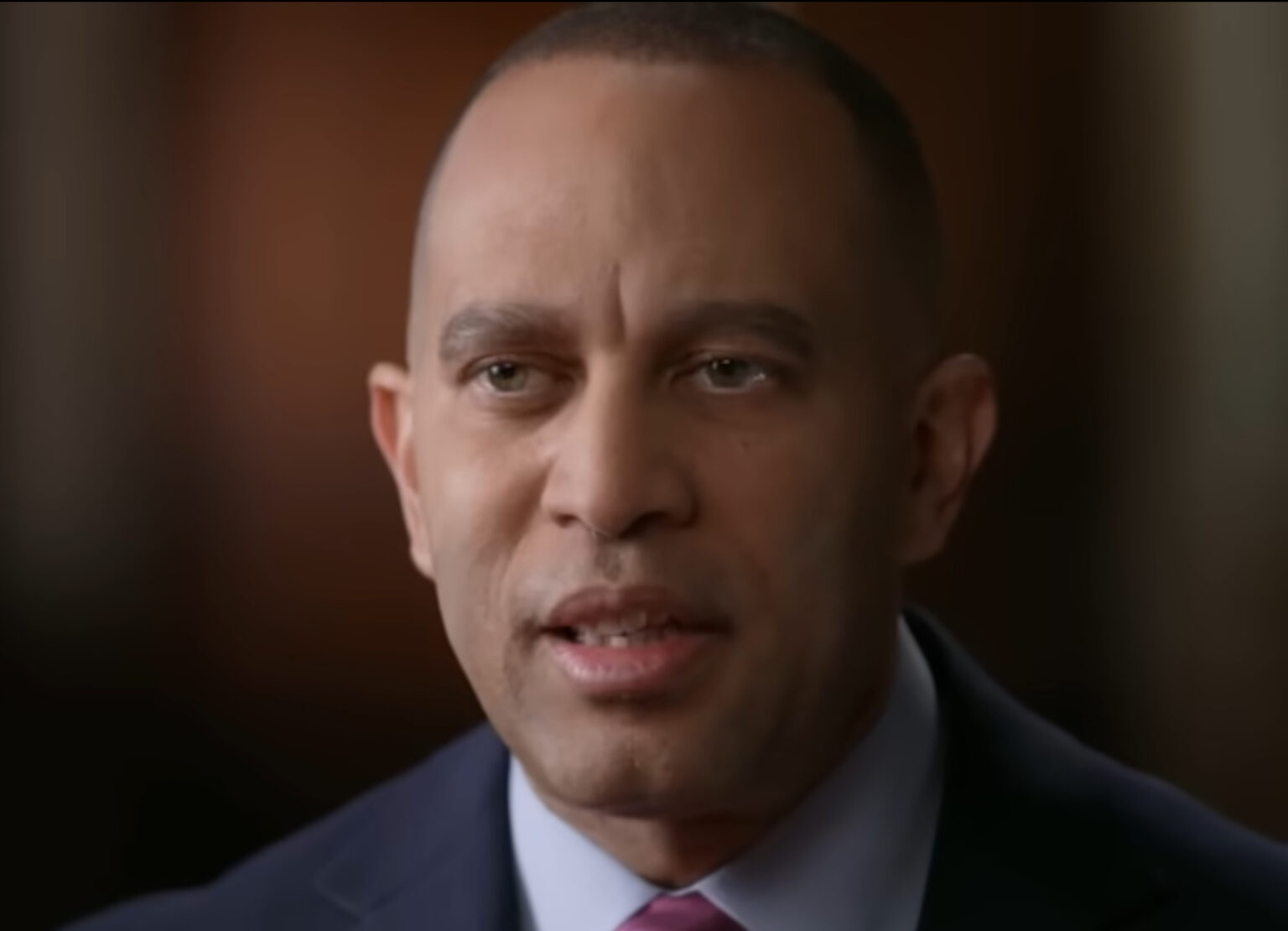House Minority Leader Hakeem Jeffries recently condemned a series of bomb threats directed at Democratic lawmakers in Connecticut, claiming they were politically motivated and signed with “MAGA.” The threats involved alarming messages that included details of potential violence, such as bomb placements in mailboxes and swatting incidents. Jeffries’ office strongly denounced these actions, emphasizing that threats of violence against elected officials are utterly unacceptable in a civilized society, and reaffirmed their commitment to ensuring that perpetrators face the full force of the law.
Among the targeted lawmakers were nearly all Connecticut Democrats, including notable figures such as Senator Chris Murphy and Representatives Jim Himes, Joe Courtney, John Larson, Jahana Hayes, and Rosa DeLauro. Although law enforcement investigated the threats, they found no actual bombs or devices at the residences of these officials. Jeffries’ focus on these bomb threats underscores a broader concern regarding the climate of political aggression and hostility that has characterized recent years, threatening the safety and security of some public officials.
Interestingly, the threats against Democrats came in the wake of separate violent threats made against President Trump’s Cabinet nominees. Reports indicated that individuals associated with these nominees faced threats to their lives through bomb threats and swatting incidents as well. A spokesperson for Trump’s team confirmed these threats, describing them as “violent” and “un-American,” and praised law enforcement for their rapid response to protect those in danger. This context of violence on both sides highlights the charged political environment of the current era, with threats seeming to be a pervasive issue.
Notably, spokesperson Karoline Leavitt commented on the threats faced by Trump’s Cabinet nominees, insisting that such acts of intimidation would not impede their agenda. Referring to President Trump as a guiding example, she asserted a commitment to proceeding with their plans despite the backdrop of aggression and threats. The mention of the “Democrat-media complex” suggests a belief among Trump’s supporters that criticism from political opponents, alongside media coverage, has contributed to a hostile environment that incites violence against those aligned with Trump.
The escalating incidents of threats and violence against political figures, coupled with the growing divide between parties, raises significant concerns about the implications for democracy and civil discourse in the United States. Jeffries’ denunciation of the attacks points to a need for serious reflection on how political opposition is often met with hostility, rather than debate and discussion. The calls for accountability in response to these incidents indicate that both sides are increasingly aware of the potential dangers posed by unchecked political aggression.
Ultimately, as the nation grapples with the ramifications of these threats, there is an urgent need for leaders across the political spectrum to prioritize dialogue over violence. The situation reflects a larger narrative about the state of American democracy and civil engagement, highlighting the challenges that elected officials face in an increasingly polarized landscape. Jeffries’ condemnation and the subsequent reactions reinforce the imperative that all forms of politically motivated violence must be thoroughly addressed to maintain the foundational principles of safety and respect in civic life.

